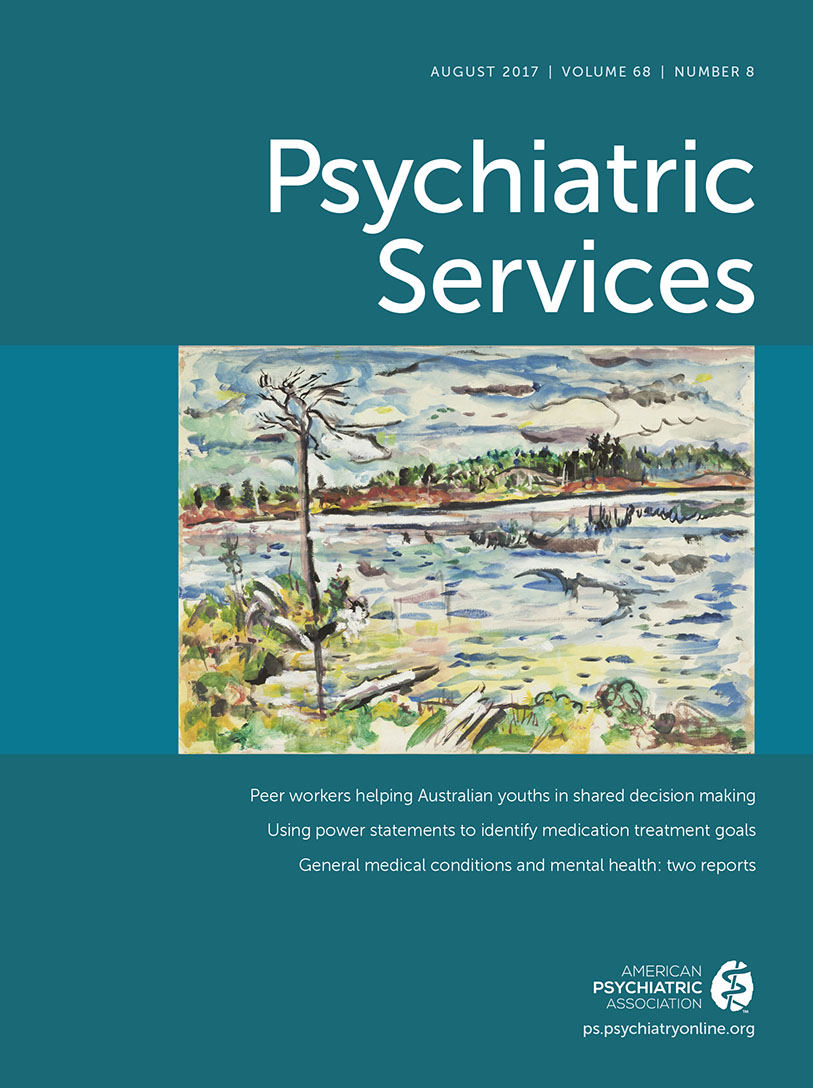Implementing a Community Model of Mental Health Care in Chile: Impact on Psychiatric Emergency Visits
Abstract
Objective:
The community model of mental health care (CMMHC) is recommended as the best way to organize mental health care, but evidence of its successful implementation and effectiveness is scarce, particularly in resource-poor settings. This study aimed to evaluate the impact of CMMHC on the rate of psychiatric emergency visits in Santiago, Chile.
Methods:
The rate of psychiatric emergency visits from 2006 to 2011 was compared between two health care administrative districts: district 1 (D1), in which CMMHC was being systematically implemented, and D2, where CMMHC implementation was very limited and inconsistent. In addition, rates of psychiatric emergency visits in ten D1 municipalities were compared by the degree to which they had implemented CMMHC.
Results:
Compared with D2, D1 had higher rates of psychiatric emergency visits during the observation period. In D1, the rate of visits per 100,000 inhabitants declined from 541 in 2006 to 414 in 2011. In D2, the rate increased from 104 in 2006 to 130 in 2011. In D1 municipalities, the reduction in the rate of psychiatric emergency visits was greater in those with well-implemented CMMHC compared with those with partially implemented CMMHC. When distance to the emergency room was taken into account, the 2011 rate of emergency visits in the ten D1 municipalities was 21% (p<.01) lower in those with well-implemented CMMHC than in those with partially implemented CMMHC.
Conclusions:
CMMHC implementation leads to reduction in psychiatric emergency visits, which are burdensome to both users and providers. Results support CMMHC implementation in resource-poor settings.



